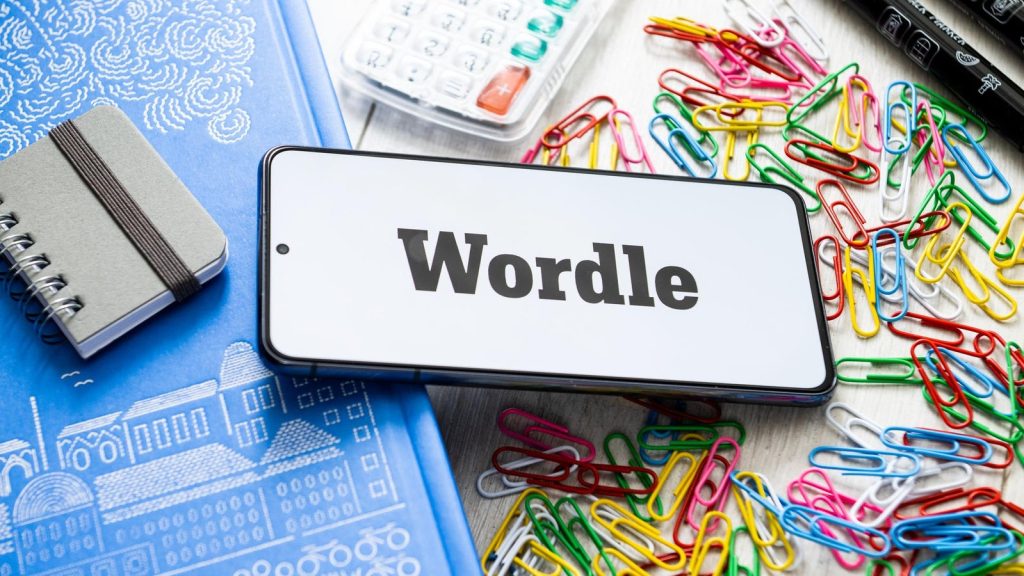Looking for Tuesday’s Wordle hints, clues and answer? You can find them here:
It’s Wordle Wednesday and you know what that means! Every Wednesday I spice things up around these parts with an extra riddle, brain teaser or logic puzzle. We must keep our wits about us! Keep our minds’ sharp!
Here’s today’s:
A sundial has the fewest moving parts of any timepiece. Which has the most?
I’ll post the answer here tomorrow!
Let’s do this Wordle!
How To Solve Today’s Wordle
The Hint: Important for bread-making.
The Clue: This Wordle starts with two consonants.
Okay, spoilers below!
.
.
.
The Answer:
Wordle Analysis
Every day I check Wordle Bot to help analyze my guessing game. You can check your Wordles with Wordle Bot right here.
Good grief I got lucky today. I was debating between KNAVE and HOUND. I thought of KNAVE first because I’d been tinkering with a tabletop RPG I’m working on and that was one character class I came up with (THIEF and ROGUE are so played out, ya know?) but then my kids found a stray dog and I almost went with HOUND. That would have been a good word also, snagging a green D and a yellow N, but KNAVE left me with just one remaining possible solution: KNEAD for the win! What luck! I guess all my bad luck lately has paid off. Karma has smiled down upon me.
Competitive Wordle Score
I get 2 points for guessing in two and 1 point for beating the Wordle Bot, who took three tries today.
How To Play Competitive Wordle
- Guessing in 1 is worth 3 points; guessing in 2 is worth 2 points; guessing in 3 is worth 1 point; guessing in 4 is worth 0 points; guessing in 5 is -1 points; guessing in 6 is -2 points and missing the Wordle is -3 points.
- If you beat your opponent you get 1 point. If you tie, you get 0 points. And if you lose to your opponent, you get -1 point. Add it up to get your score. Keep a daily running score or just play for a new score each day.
- Fridays are 2XP, meaning you double your points—positive or negative.
- You can keep a running tally or just play day-by-day. Enjoy!
Today’s Wordle Etymology
The word “knead” comes from the Old English word “cnedan,” which means “to knead or press.” This word is derived from the Proto-Germanic “*knedanan,” which has the same meaning. The Proto-Germanic word is also the ancestor of similar words in other Germanic languages, such as Old High German “knetan” and Dutch “kneden.” The root of these words is believed to be the Proto-Indo-European “*gneh₁d-,” which means “to press, squeeze, or knead.”
The evolution of the word reflects the physical action of pressing and working dough or other pliable materials, which has been a common activity across many cultures and time periods.
Be sure to check out my blog for my daily Wordle and Strands guides as well as all my other writing about TV shows, streaming guides, movie reviews, video game coverage and much more. Thanks for stopping by!
Read the full article here









